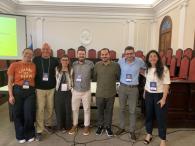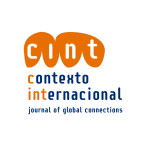United Nations University Centre for Policy Research’s Managing Exits from Armed Conflict (MEAC) is a multistakeholder project with the Norwegian Ministry of Foreign Affairs, Switzerland’s Federal Department of Foreign Affairs, the UK Foreign, Commonwealth & Development Office, Irish Aid, and UNDP, run in partnership with DPO, UNICEF, IOM, and the World Bank.
In line with the Secretary-General’s Data Strategy 2020, MEAC seeks to advance high-quality data collection and integration that can be applied to rigorous impact assessments and evaluations of UN programming. It provides a case study of how a number of UN entities are collaborating on safe, effective data sharing in line with the recommendations of the Secretary-General and the “One UN” approach.
MEAC seeks to develop a unified approach to examining how and why individuals exit armed conflict and the efficacy of various interventions meant to help support their transition to civilian life, but the tools it has created could equally be applied more broadly.
This webinar on 4 March was hosted by the UN Innovation Network as part of their webinar series. It outlined the recommendations in a recent MEAC report, Conflict Exit Data Management and Integration at the United Nations, and offered an opportunity to reflect and discuss ways forward in advancing data management and integration on UN programming more broadly across other fields. It will be of interest to all those working in data management and innovation – from policymakers, data managers, and field end users.
The event included break-out sessions on: technical options for advancing data integration at UN programming for impact assessments; and persistent political and organizational barriers to advancing data integration at the UN.




